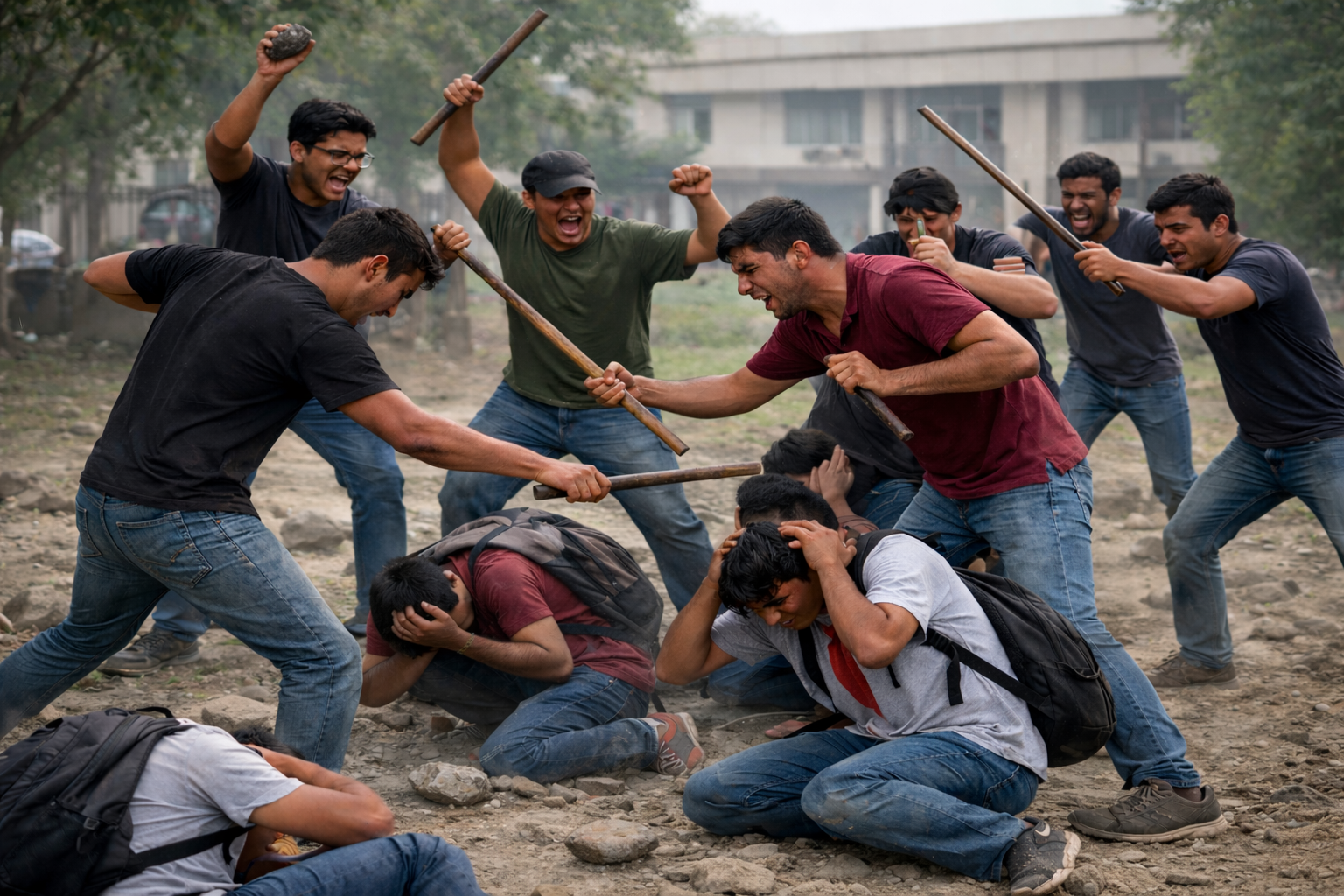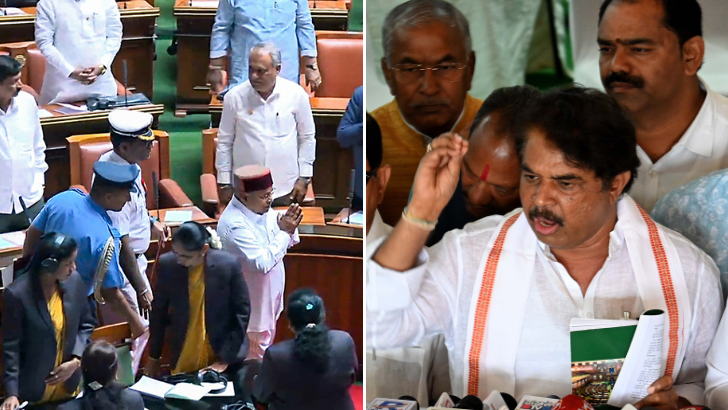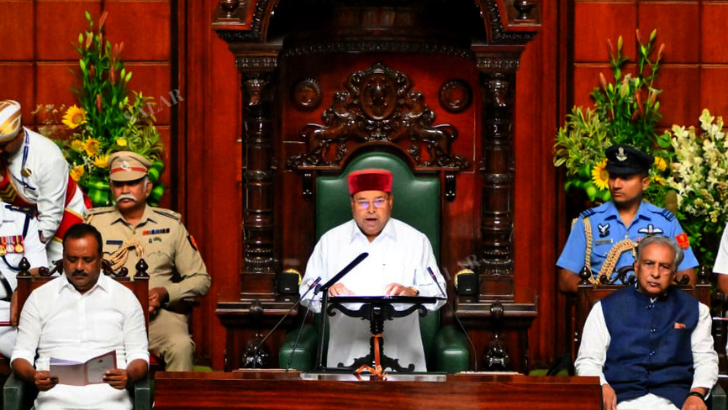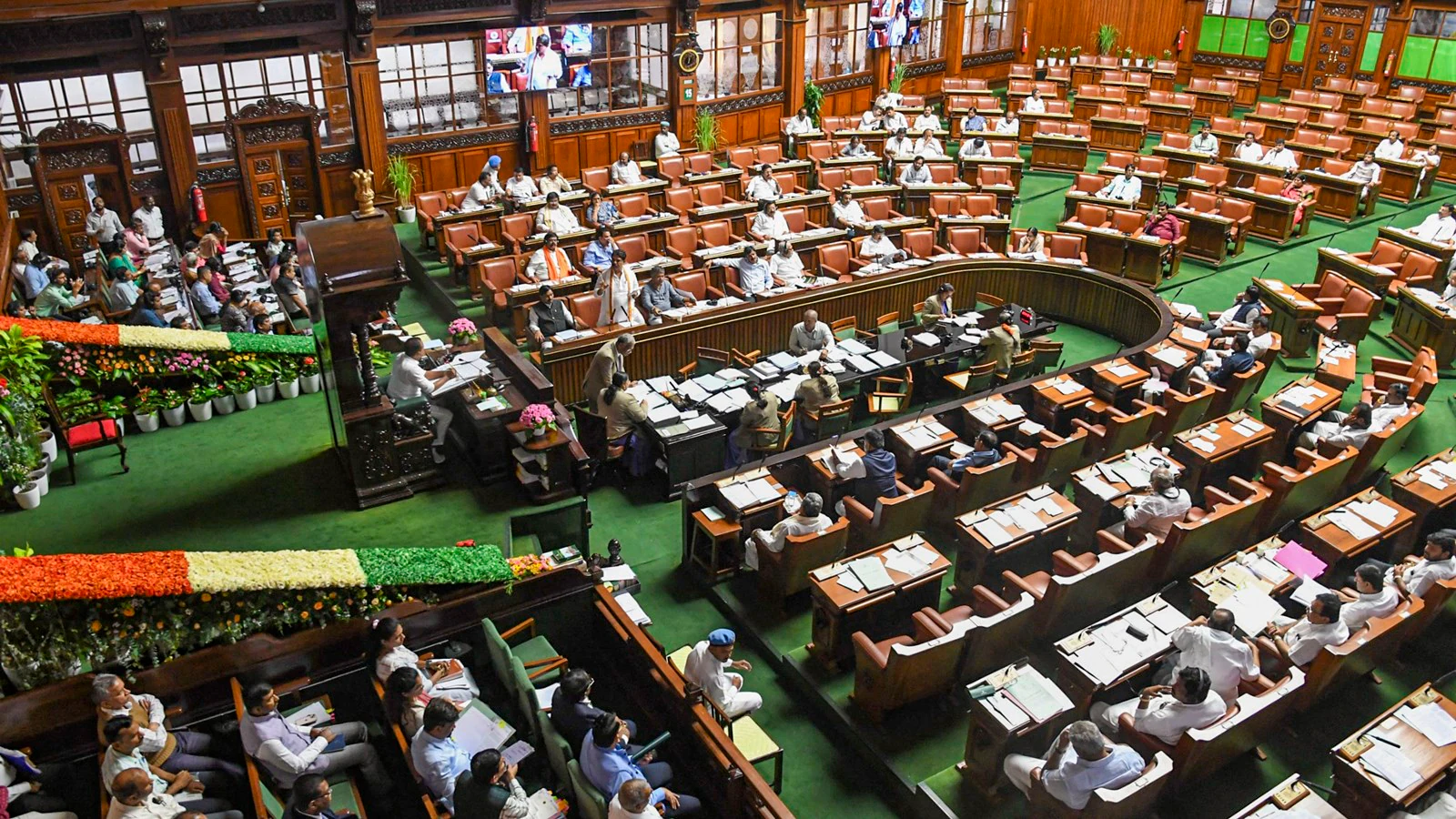Water scarcity hit public washrooms
This scarcity not only impacts cleanliness but also discourages usage, potentially leading to public health concerns
Bengaluru, 23 March
The bustling IT hub of India, Bengaluru,
is facing the challenge of a persistent
water shortage. This scarcity is hitting a crucial aspect of urban life that is
sanitation. Public toilets, essential for maintaining hygiene, are struggling
to keep up as the city grapples with limited water supply.
The lack of water poses significant
challenges. Public toilets require a regular flow for flushing and maintaining
hygiene. This scarcity not only impacts cleanliness but also discourages usage,
potentially leading to public health concerns.
Dr. Harish Kumar K, Special
Commissioner of Bruhat Bengaluru Mahanagara Palike (BBMP) highlighting the
impact said, "There are around 478 public toilets in this City. The water
crisis has hampered the functioning of as many as 30-40 public urinals in the
City”. “. We are trying to manage with the help of water tankers, but that is
not ideal as there is much demand for those as well .” Kumar added.
With poorly maintained public
toilets, hygiene suffers. Those seeking relief are often forced to use
facilities with limited flushing capabilities, resulting in unpleasant odours
and unsanitary conditions. This can discourage usage, pushing people towards
open defecation, and lead to significant public health risk.
The impact is evident on the
ground. Sreenivas M, a janitor at a public toilet in Jayanagar, told Salar News
“Bore-wells aren't enough, We rely on water tankers, but 5000 liters barely
lasts three days.” Venkatesh Murthy, another toilet supervisor, near
Raghuvanahalli revealed “Not many people come here as there is very little
water supply. Sometimes we cannot even clean the toilets due to water shortage,
and because of this the foul smell restricts the public from using it.”
The current situation isn't without
its impact on residents. With many public toilets becoming unusable, people are
forced to seek alternatives, which can put a strain on resources at malls,
restaurants, and other commercial establishments. Exploring alternative water
sources, such as rainwater harvesting or recycled water systems for flushing,
could offer a path forward. Additionally, stricter monitoring of allocated
funds and ensuring proper maintenance practices by BBMP are essential.
Leave a Reply
Your email address will not be published. Required fields are marked *









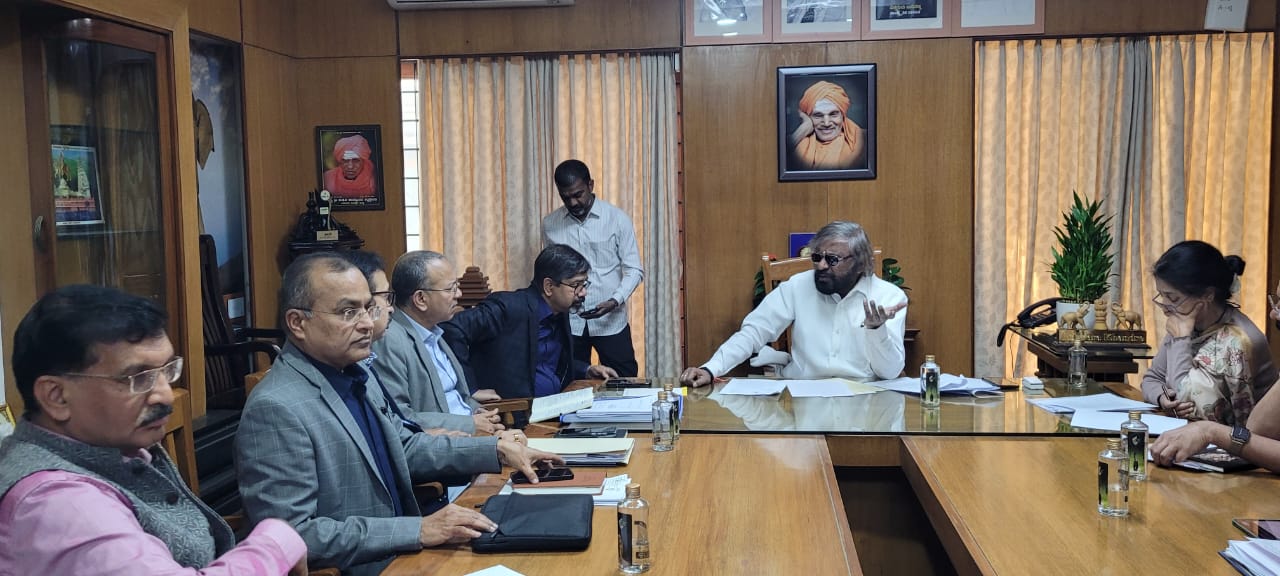

.png)
.png)
